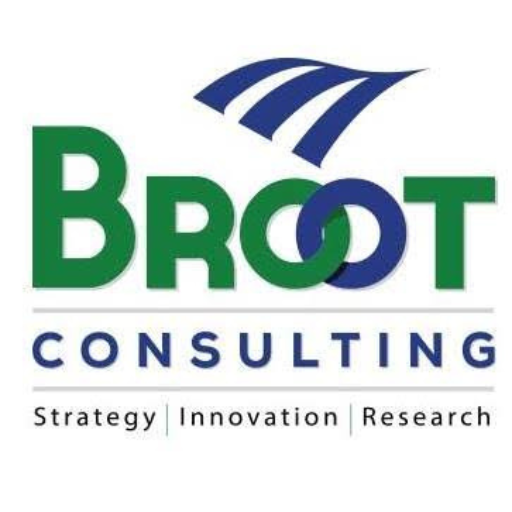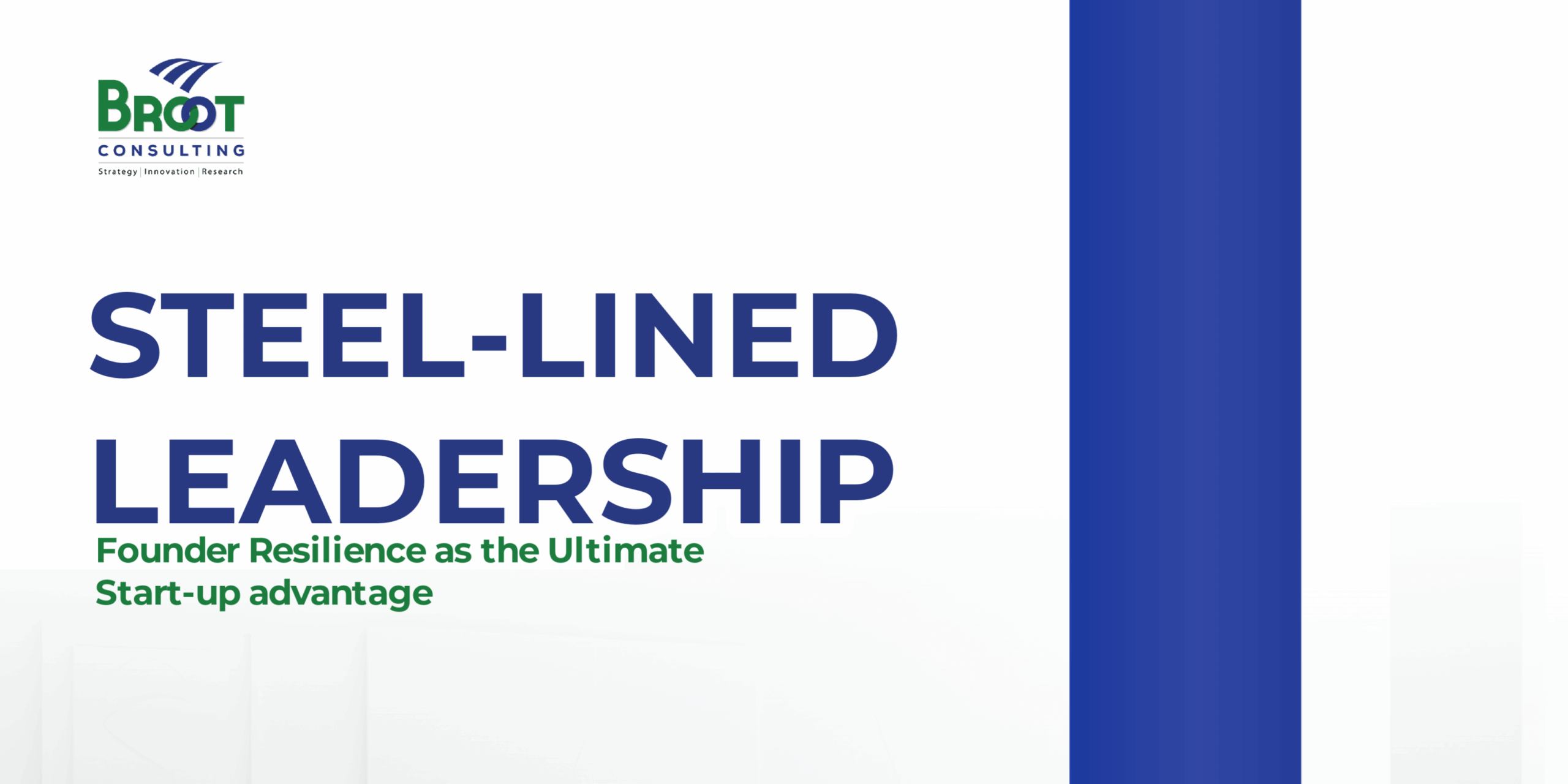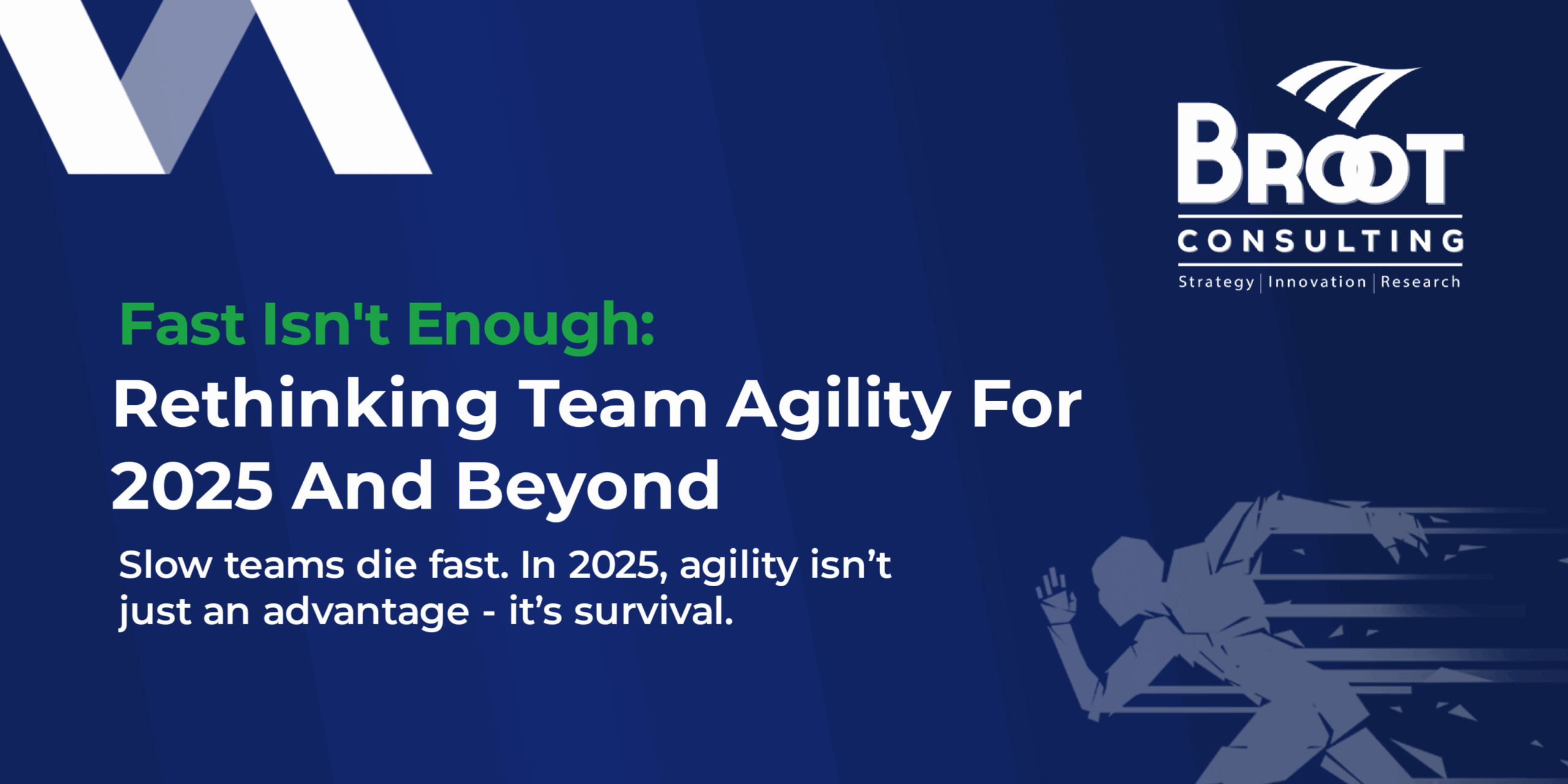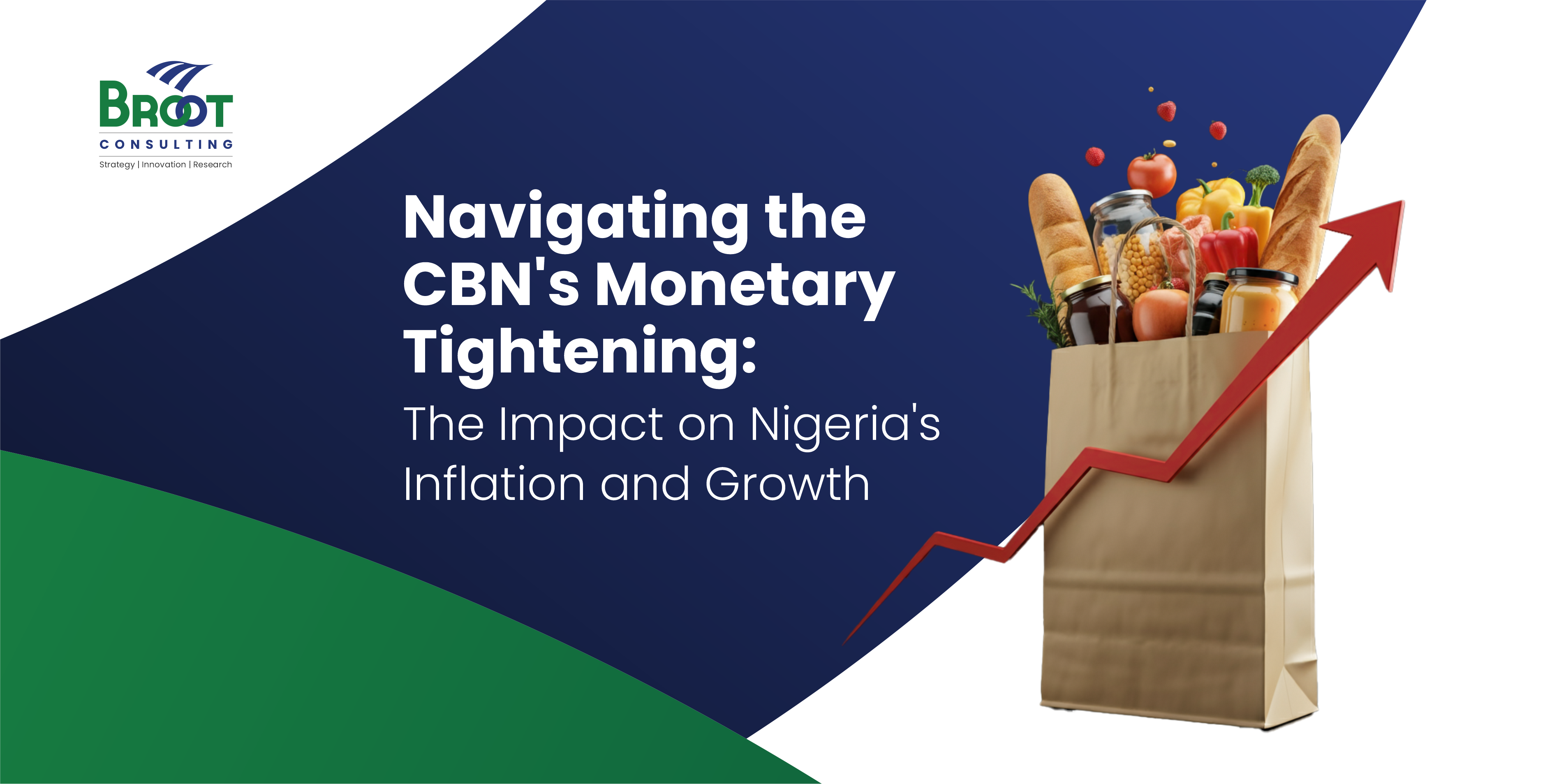Change is one of the most dreadful words today, especially if that change threatens our comfort zone. Change message has been used for all forms of campaign political or otherwise. However, bringing about the desired change is always more difficult than how it is sloganed.With all the change management projects, change may more often than not be seen as not having delivered as desired. And this brings me to the question, What is “change” exactly? Change to what? How it is assumed that what is needed to solve a problem is “change”, honestly I am yet to understand. Unfortunately, today because of the loose use of the word and its frequency, it is no longer taken seriously and even many a time resisted. Interestingly, not only in Nigeria is the issue of change as simple as it seems to have met a lot of failures; this is the reality of many organizations around Africa.
A while ago, we facilitated a design thinking workshop for #wemabank, when we realized that they needed a break, we decided to do an energizer for them. So we asked each of them to pick a partner and back their partner. However, we instructed them that before they back their partner they should look at their partner closely. They did and then we asked the partner to change five things and then look at their partners again, we then asked to guess the things the partner changed. Some got it right outrightly, some averagely and some did not guess right at all. We asked them to repeat the second time which they did, but when we asked them to repeat
the third time they rejected it.
Change is never smooth and cannot be managed. There are many schools of thoughts and assumptions about change management but many of them have proven to have failed many organizations and institutions.
Some of the assumptions are that managers are the driver of change, however there are many realities that must be dotted. The reality of change continues to be far from what was proposed before change happens. The percentage of failure even with these assumptions is still quite high. The energizer described above which #Wema staff did, despite the fact that the coordinator whom we can assume as the manager, did it the third time, yet they were not willing to follow. The truth is, many change managers understand the “what” but are yet to understand the “how” of change.
Assumption is the enemy of smooth change. The basis for assumptions is still because change design is usually made without involving the people which the change will affect. The present difficulty is that many of those who have been trained in change management adopt a myopic or the static way of usage. Thus, they apply older ways of change management that lead to unsatisfying results. The dogmatic technique of applying change without recognizing the different challenges, and the need to think differently in tools, skills, and change management approaches for the more complex problems that most organizations are needing to tackle, may
be a major problem.
According to the recent research conducted by Boris Ewenstein, Wesley Smith, and Ashvin Sologar in a recent McKinsey publication; most change efforts fail yet change methodologies are stuck in a pre digital era.
To thrive in the new world, a new way of thinking and a new way of doing is
required.
Assuming that power and force can drive change; could only be a mistake, it is time to start catching up!
Unfortunately, this is assumed the basis of many failed projects even in government parastatals. When a project fails , they go right into another, assuming again which is why when change becomes too frequent people resist or do not apply any effort or resilience into seeing the change happen.
Also, when we assume that managers can drive change:
1. Have we considered the divergent group in the organization or institutions.
2. Have we considered the group each individual belongs to and when I say “group” who they hang out with in the organization, what are their realities. There are groups of order based on power and configuration which are high and low in pressure at the centre. This is because the workforce are are self- organized into clouds of earnings
3. What about the culture of individuals and the organization, does it align with the change proposed?
4. The circumstances they are involved in.
5. What about the several change projects going on in the organization.
6. What are the realities people are dealing with? According to McKinsey, “Companies can transform the attitudes and behavior of their employees by applying psychological breakthroughs that explain why people think and act as they do”.
7. What about emerging orders leading people in different directions The drivers of change cannot know everything in the organization and cannot manage the
reality in totality.
8. What about the way people make sense of their reality? If the way people make sense of their reality is not changing, change will not happen or be managed effectively. Until managers make sense of the reality, they cannot be connected with the things they are in control of and those they are not in control of
Conclusion
Change cannot be effectively managed by management but by people affected by the change. It occurs beyond the ambit of management control and its realities. Changing how we do things may help the workforce, or even citizenry adapt to those changes. However, in reality, the stronger the change, the stronger the front and the more the impact therefore to lead a major change program management, change drivers must take the time to think through its “story”—what makes it worth undertaking—and to explain that story to all of the “people” involved in making change happen, so that their contributions make sense to them as individuals. Until we begin with that, no meaningful change can be achieved. In all, be human-centered in your change process and management.





